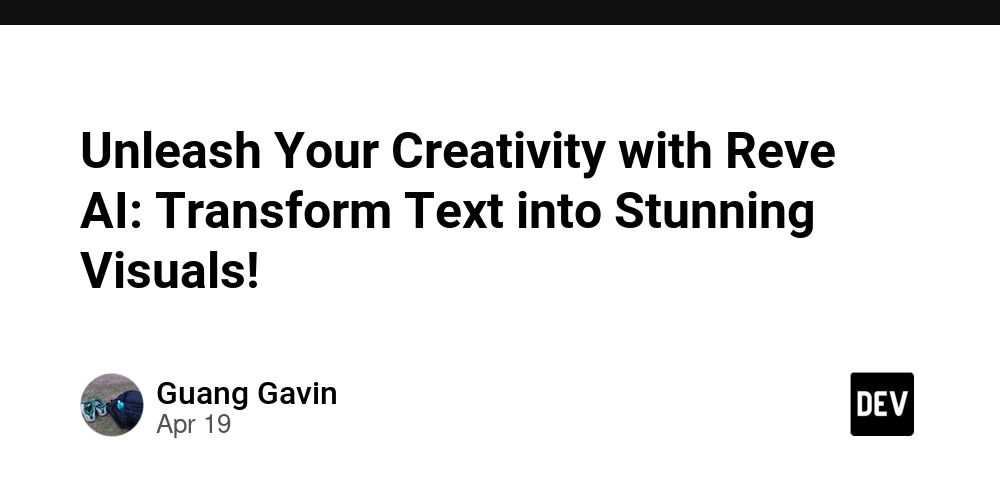Generative AI in Healthcare: Use Cases and Future Outlook
Generative AI in Healthcare: Use Cases and Future Outlook Generative AI originates content or information through Artificial Intelligence (AI) technologies based on learning knowledge from prompts. In recent years, incredible applications of the generative AI […]

Generative AI in Healthcare: Use Cases and Future Outlook
Generative AI originates content or information through Artificial Intelligence (AI) technologies based on learning knowledge from prompts. In recent years, incredible applications of the generative AI have been found within several sectors, primarily in healthcare as well. This article discusses the integration benefits of generative AI in healthcare, use cases, challenges, return on investment, and the outlook for the future.
Use Cases of Generative AI in Healthcare
- Drug Discovery
Generative AI basically comes up with novel molecular structures based on surveying huge chemical data after which it predicts those efficacy. This enhances the speed in drug discovery through rapid identification of promising compounds so that the expensive and time-consuming processes of making new drugs go down. - Medical Imaging
Generative AI generates highly detailed medical images and also supports the diagnosis of anomalies including tumors, fractures, or any other pathology. Through enhanced image quality and resolution, generative AI helps deliver accurate diagnoses most of the time by identifying some problems that could easily be left unnoticed by a human eye; early disease detection is also ensured. - Artificial Data Generation
Generative AI can make synthetic medical datasets that reflect actual patient data while maintaining their privacy intact. These synthetic data become great means of model training, research, and development of AI-enabled solutions in ways that preserve patient confidentiality, thus allowing more representative and robust studies. - Virtual Assistants
AI-powered virtual assistants give personalized health-related advices, reminders for medication intake, and answers to other health-related questions. Such assistants increase patient participation, provide persistent support, and lighten the burden of healthcare professionals by automatically responding to routine inquiries and administrative questions. - Administrative Automation
Generative AI can automate administrative time-consuming tasks like scheduling appointments, managing patient records, and billing. This minimizes the burden of administrative tasks on healthcare providers, increases the efficiency of operations, and helps medical professionals to spend more time on patient care.
Challenges in the Acceptance of Generative AI Models
- Data privacy and security
It is a significant challenge as protecting sensitive patient information will be critical because generative AI needs extensive data sets. Such an operation could create serious data breaches and misuse of private health information. - Regulatory Compliance
Following healthcare regulations like HIPAA (Health Insurance Portability and Accountability Act) and other regional regulations is a complicated task since generative AI tools must be extensively tested and pass rigid regulatory compliance requirements before deployment. - Bias and Fairness
Generative AI models can inherit the biases present in training data, making the predictions unfair or inaccurate. These models have to be free of bias and equitable across the patient population being diverse. - Integration with Existing Systems
This results in integration into existing systems where legacy technologies abound, making generative AI tool integration into well-established workflows complicated and often frustrating for healthcare providers. - Data Quality and Availability
AI models operate best on structured data of high quality, and many health organizations face the problem of patient data being either incomplete or not consistent, leading to AI generating less accurate insights. - Less availability of expertise
Generative AI needs healthcare professionals and data scientists with the right skills. Shortage in AI and machine learning expertise in healthcare has limited its adoption. - Implementation Cost
Establishing and integrating generative AI will be very costly since it demands advanced technologies, infrastructure, and highly skilled employees, making it unaffordable to a considerable number of small-sized healthcare institutions.
Future of Generative AI in Healthcare
Generative AI, when combined with precision medicine and personalized treatment planning, will open new vistas into more accurate diagnostics, the ultimate being diseases predicted even before symptomatology begins to occur. Even surgical systems shall become much more precise and low risk and ensure a rapid return to life before the patient gets operated on with AI-based systems.
Generative AI will also have a great role in increasing the accessibility of healthcare to all corners of the globe, especially in underprivileged areas. Affordable quality care will be provided through AI-based remote consultation and diagnosis in resource-poor regions. Further, AI will lead to the more independent health systems where routine work is performed by AI and experts can deal with critical cases, thereby increasing the efficiency of the whole system.
Conclusion
Generative AI is a revolutionary factor within the health world, ranging from discovering drugs all the way through making personalized treatment plans, to say the least of making radiological imagines. Another problem that existed was with regards to data privacy. Often overcoming barriers brings additional regulatory burden with it. Here, higher return on investment for better efficiency besides cost-cutting in patient care was noticed. This is much more achievable when full integration and maturity through health care have taken place. Indeed, the future of healthcare is tied up with this promise of generative AI, which promises solutions to global health problems.
Connect with Us today for Generative AI models! [contact-form-7]










































































